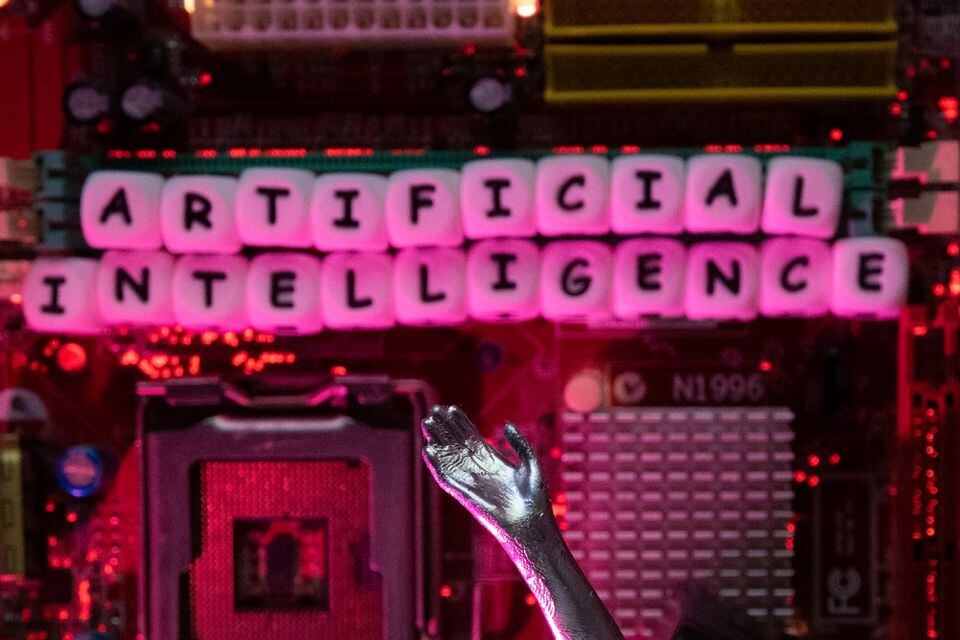Longevity, influence and the social media trap: Who do we trust with our health?
In a world where six-pack abs are flaunted more than six-point health plans, who are we really trusting […]

Social mobility is essential to the growth of both a healthy economy and a flourishing society. The problem of poor social mobility is becoming more and more significant, and downturns in the economy can result in job loss and unstable finances, which can drive social mobility in the other direction.
Social mobility is the term used to describe changes in an individual’s socioeconomic status over time, either intra-generationally or in respect to their parents (generational mobility).
The degree to which people have equal opportunities to succeed in life, irrespective of their birthplace, race, ethnicity, gender, age, sexual orientation, parents’ socioeconomic status, or other uncontrollable circumstances, is a key component of social mobility.
As we talk more about social mobility, it’s important to think about how new technology like AI might influence it.
The facts
According to an OECD report, there is little social mobility from parents to their children in terms of incomes, education, occupation, and health. This also holds true for personal income mobility throughout the course of a person’s lifetime.
Particularly, there is a lack of mobility at both the top and bottom of the social ladder, with “sticky ceilings” linked to opportunity hoarding at the top and “sticky floors” impeding upward mobility for many. There are sociological, political, and economic repercussions to low social mobility.
But Artificial Intelligence (AI) is a prominent topic of conversation in many industries and has the potential to change the world as technology advances. But it’s also thought that AI could seriously harm social mobility by escalating inequality, fostering new kinds of digital exclusion, and strengthening prejudices.
AI powered tools can transform how we work and create value.
The arguments
Considerable advancements have been achieved in comprehending the factors that propel social mobility. For instance, doctors and researchers may evaluate patient data, spot possible health hazards, and create individualized treatment programs with the use of AI-powered tools. The result is usually better patient outcomes and accelerated development of novel medical therapies and technology.
However, there are still significant gaps. COVID-19 and megatrends like the green transition and digital transformation present new systemic concerns that require further research.
Again, robotics has a huge potential to have a positive social impact, but there are also practical and ethical issues that need to be considered. These cover privacy and security, human agency and accountability, social and cultural ramifications, and data quality and availability.
AI has the potential to significantly improve our lives, but it is crucial to make sure that it is developed and applied in an ethical and responsible manner.
Recruiters have said AI is affecting the ingenuity of potential employees when they come for interviews. Many employees are unable to defend a majority of the items mentioned in their Curriculum Vitae because a large number of them resort to AI such as ChatGPT. As a result, people lose out on job chances.
Experts say there is the need for a coordinated effort from all stakeholders, including legislators, business executives, academic institutions, and civil society, to rather maximize the capacity of AI for social mobility and reduce its risks. It is imperative that we guarantee the ethical, transparent, and accountable development and implementation of AI systems.
Again, to be able thrive and prosper in the AI-driven economy, individuals need to invest in reskilling and upskilling initiatives. Ultimately, regardless of one’s origin or identity, it has become important to encourage a culture of diversity, equity, and inclusion that recognizes the distinctive viewpoints, experiences, and contributions of every person.

In a world where six-pack abs are flaunted more than six-point health plans, who are we really trusting […]

In the era of social media, post-COVID, and with mental health at the forefront, a shift is taking […]